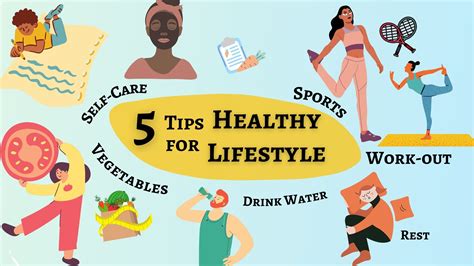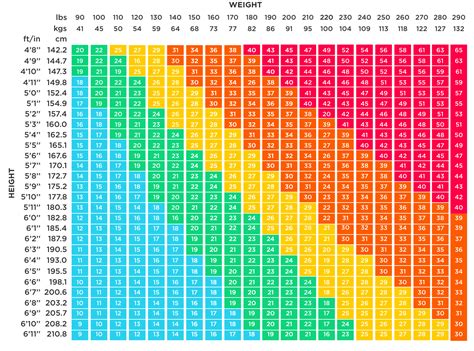What lifestyle habits naturally optimize testosterone for peak male vitality?

In the pursuit of peak male vitality, optimizing testosterone levels naturally stands as a cornerstone. Testosterone, the primary male sex hormone, influences everything from muscle mass and bone density to mood, energy, and libido. While synthetic solutions exist, a holistic approach focusing on sustainable lifestyle habits offers a powerful and enduring path to healthy testosterone production and overall well-being.
Embrace a Nutrient-Dense Diet
Your plate is a powerful tool for hormone regulation. Prioritize whole, unprocessed foods that provide the essential building blocks for testosterone synthesis.
- Healthy Fats: Include sources like avocados, nuts, seeds, olive oil, and fatty fish (salmon, mackerel). Cholesterol, a precursor to testosterone, is derived from dietary fats.
- Lean Protein: Adequate protein intake from sources like lean meats, poultry, eggs, and legumes supports muscle maintenance and overall hormonal health.
- Complex Carbohydrates: Opt for whole grains, fruits, and vegetables. These provide sustained energy and fiber, which helps regulate blood sugar—a crucial factor for hormone balance.
- Micronutrients: Zinc (oysters, beef, pumpkin seeds) and Vitamin D (fatty fish, fortified foods, sunlight) are particularly vital for testosterone production. Magnesium and B vitamins also play supportive roles.

Prioritize Strength Training and High-Intensity Interval Training (HIIT)
Exercise is a potent natural testosterone booster. Specific types of physical activity have a more pronounced effect:
- Strength Training: Lifting heavy weights, especially compound movements (squats, deadlifts, bench presses), stimulates significant testosterone release. Aim for 3-4 sessions per week, focusing on progressive overload.
- High-Intensity Interval Training (HIIT): Short bursts of intense exercise followed by brief recovery periods have been shown to elevate testosterone levels, alongside improving cardiovascular health and fat loss.
- Avoid Overtraining: While exercise is crucial, excessive chronic cardio or overtraining can paradoxically lower testosterone and increase cortisol (stress hormone). Balance is key.
Master the Art of Quality Sleep
Sleep is not a luxury; it’s a fundamental biological necessity, especially for hormonal health. Testosterone is largely produced during deep sleep cycles.
- Aim for 7-9 Hours: Consistent, restorative sleep is paramount. Studies show a significant drop in testosterone after even one week of restricted sleep (e.g., 5 hours per night).
- Optimize Your Sleep Environment: Ensure your bedroom is dark, quiet, and cool. Avoid screens (phones, tablets, TVs) for at least an hour before bedtime, as blue light can disrupt melatonin production.
- Maintain a Regular Schedule: Going to bed and waking up at the same time each day, even on weekends, helps regulate your circadian rhythm and optimize hormone cycles.

Effectively Manage Stress Levels
Chronic stress is a silent killer of testosterone. When you’re stressed, your body produces cortisol. High cortisol levels have an inverse relationship with testosterone, meaning as cortisol goes up, testosterone often goes down.
- Mindfulness and Meditation: Practices like meditation, deep breathing exercises, and yoga can significantly reduce cortisol and promote relaxation.
- Hobbies and Downtime: Engage in activities you enjoy. Dedicate time for relaxation, whether it’s reading, listening to music, or spending time in nature.
- Social Connection: Strong social bonds and healthy relationships can buffer the effects of stress.

Maintain a Healthy Body Weight and Limit Alcohol
Excess body fat, particularly visceral fat around the abdomen, can convert testosterone into estrogen, leading to lower T-levels. Conversely, maintaining a healthy body weight through diet and exercise supports optimal hormone balance.
While moderate alcohol consumption might not have a drastic impact, excessive and chronic alcohol intake is known to be detrimental to testosterone production and overall liver health, which is crucial for hormone metabolism.

Consider Natural Sunlight and Vitamin D Supplementation
Vitamin D is often referred to as a “pro-hormone” due to its wide-ranging effects, including a direct link to testosterone production. Spending time outdoors in natural sunlight is the best way to synthesize Vitamin D.
If sun exposure is limited, consider supplementation, but always consult with a healthcare professional to determine the appropriate dosage and to ensure it’s right for you.

Conclusion
Optimizing testosterone naturally for peak male vitality isn’t about quick fixes; it’s about cultivating a symphony of healthy lifestyle choices. By consistently focusing on a nutrient-rich diet, effective exercise, restorative sleep, stress management, a healthy weight, and adequate Vitamin D, men can empower their bodies to produce testosterone optimally. This holistic approach not only boosts hormone levels but also enhances overall health, energy, mood, and an enduring sense of well-being.









